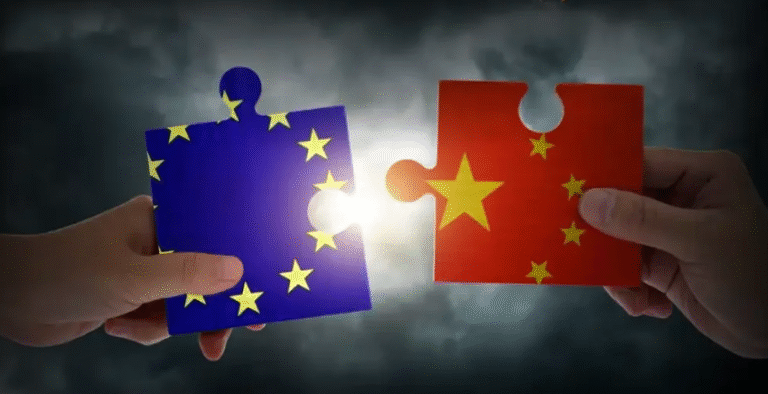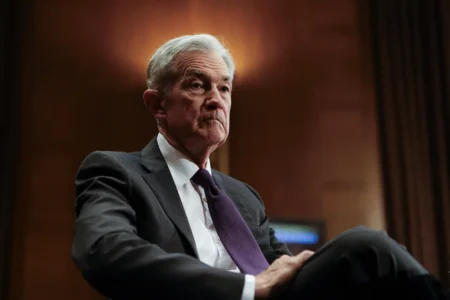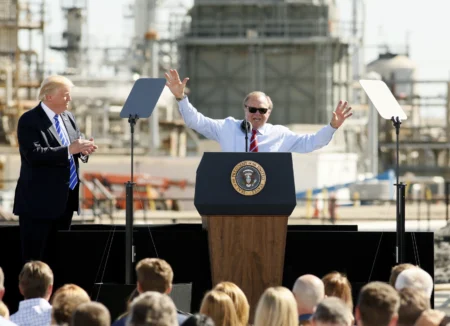A top Chinese business delegation has called on the European Union to act fairly in its planned tariff measures against Chinese electric vehicles (EVs). The group warned that political pressure and new trade rules could harm cooperation and go against the EU’s green targets.
The delegation, part of the automotive working group of the China Chamber of Commerce to the European Union (CCCEU), met with EU policymakers this week. They urged officials to avoid allowing outside political forces to influence trade policy. According to the delegation, there is a growing risk that EU efforts to reduce risk from Chinese trade links could shift toward full economic separation, or “decoupling.”
During the talks held on Tuesday and Wednesday, the group raised concerns about how Chinese-made EVs are being treated. They said that there is a danger that these vehicles may be unfairly labeled as part of “trade diversion” activities. Such a label could lead to new barriers for Chinese carmakers trying to sell in Europe.
The representatives said these issues go beyond trade. They warned that rising trade tensions between the EU and the United States could have a negative impact on European market stability. Any moves that restrict affordable and clean vehicles could also work against the EU’s own climate targets, they said.
The European Commission recently proposed extra tariffs on electric vehicles imported from China. The CCCEU group said this move runs counter to the EU’s goal of cutting emissions. They noted that Chinese firms offer high-quality, zero-emission cars at lower prices, helping more people switch to clean transport.
“Chinese EV companies offer competitive, clean transportation solutions and should be granted fair and equitable market access in Europe,” the group told EU officials.
The delegation also expressed hope for progress in talks over EV pricing rules. They said that a balanced deal could help ease tensions and improve trust between Europe and China. Such an agreement would also provide more certainty for global auto markets and support long-term trade.
In addition to tariffs, the Chinese delegation raised other major concerns. They said that new EU laws aimed at checking foreign investments and subsidies could create unfair treatment for Chinese investors. These include the EU’s foreign subsidies regulation and a screening framework for foreign direct investment.
According to the CCCEU, such measures risk making it harder for Chinese firms to do business in Europe. They called for more fairness and openness in how the EU writes its future rules. One of the key points they raised was the need for clear guidelines in the EU’s planned action plan for the automotive sector.
The group urged the EU to involve all stakeholders when creating trade and investment rules. They stressed the importance of avoiding bias and ensuring that future policies are based on facts, not political pressure.
The talks between the CCCEU and EU officials come at a time of growing global focus on clean energy and electric mobility. With many countries pushing for a faster shift to electric cars, global competition is rising. China is currently the world’s largest EV producer, while Europe is a major importer.
By pushing for open and fair trade, the CCCEU said both sides could benefit from each other’s strengths. They said a balanced partnership would support green goals, protect jobs, and offer better choices for European consumers.
The CCCEU closed the meetings by urging EU leaders to take a long-term view and avoid short-term political actions that may hurt wider economic goals. They said that stronger cooperation, not division, will help both regions succeed in the fast-growing EV market.







